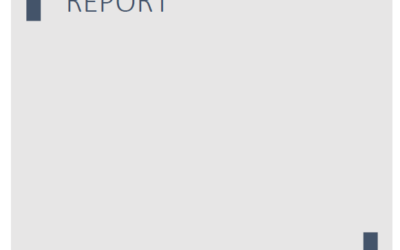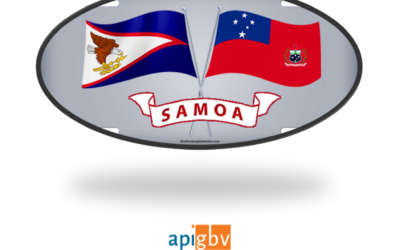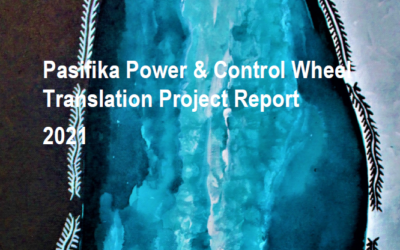Culturally-Specific Community & Systems Engagement
Understanding the Cultures We Live In
Culture is too hastily understood as ethnic culture, but in fact we all inhabit multiple cultures simultaneously and need to understand which ones we are operating in to be effective.
1. Culture of domestic violence and gender inequality
- The presence of domestic violence tells us about the presence of inequality in a relationship; the extent of the violence tells us about the extent of the inequality.
- All cultures have gender inequality; the degree of inequality differs, the space to push against the boundaries differs and the rigidity with which these structures are maintained differs.
- Equality does not imply everything is perfectly divided in half all the time. Rather, it is the space where both members of a couple can negotiate those divisions fairly, without fear.
2. Culture of familial and community values and norms
- Familial cultural values within relationships should be viewed as being on a continuum where they keep shifting rather than being absolute, fixed positions. E.g., expectations of children’s obedience will vary between parents, at different times, in different places (such as when visiting grandparents).
- How family norms operate differs in relationships and changes within relationships.
- Cultural norms in communities are dynamic, changing; not confined to one culture but present in all, with different forms of expression and adaptation. E.g., in European culture, arranged marriages are now only sporadically practiced between upper classes to keep or consolidate family wealth or virtue (Princess Diana and Prince Charles); amongst South Asians, they are practiced traditionally (parents arranging a match) and in modernized form (a global dating service).
- This is not to minimize how harmful traditional cultural norms can be but to be reminded about who defines, changes and subverts them.
3. Culture of systems
- Systems have their own culture – victims/survivors have to function within the culture of shelters, of the courts, of the criminal and civil legal system, immigration system, child welfare system, etc.
- The culture of systems can be so prescriptive as to not meet people’s needs. E.g., in a shelter, excessive rules can make refuge and rest impossible.
- Systems’ policies and procedures often put the onus on victims instead of providing resources or justice. E.g., in the child welfare system, a worker’s difficulty in addressing paternal violence can result in punitive maternal compliance plans.
Resources on Culturally-Specific Advocacy
Pacific Diaspora in the USA
This research report addresses the scarcity of data regarding Pacific Islander communities and presents research on the diaspora in the U.S. It seeks to understand who is the Pacific diaspora in the U.S., where they came from and where they are located; to examine the...
Samoa Community Project: Year One Report (2021-2022)
The Samoan Community Project builds on API-GBV’s Pasifika Power & Control Wheel Translation Project, which sought to adapt the well-used tool to Pasifika languages and cultural/community contexts. This report highlights the needs to unpack the Samoan words...
Pasifika Power & Control Wheel Translation Project, 2021
This project aimed to translate and develop educational resources and tools on GBV in indigenous Pasifika languages. The project aims to empower individuals, families, community-based and system responders, allied professionals, and the community-at-large with culturally responsive resources to address and prevent GBV in Pasifika communities. Resources include project report and glossaries and tools for Samoan, Chuukese, and Native Hawaiian communities.


